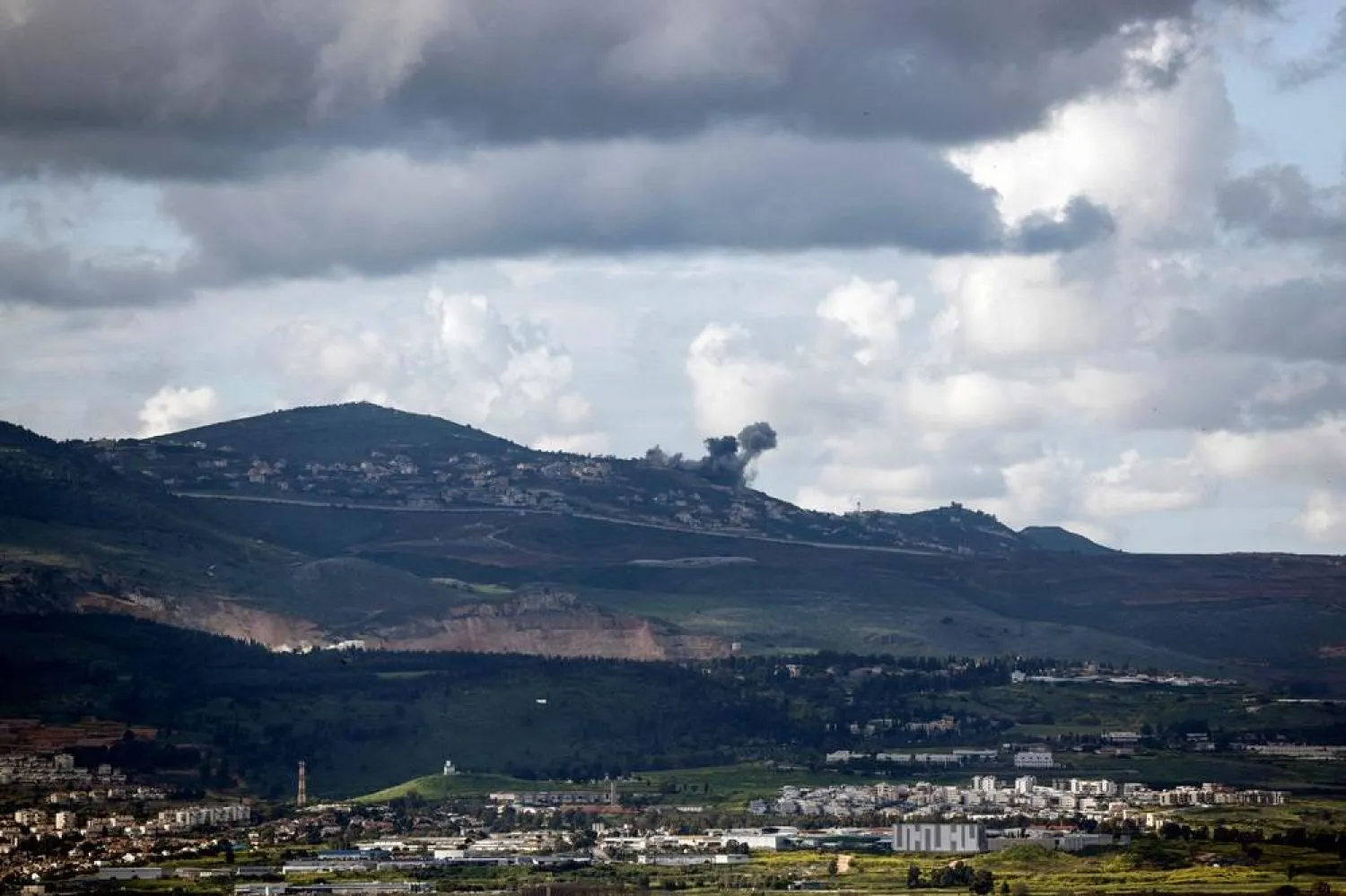Lebanon sees a French proposal meant to end hostilities with Israel and settle a border dispute as a possible "significant step" towards peace, according to a letter by Lebanon's foreign ministry dated Friday and seen by Reuters.
Lebanese armed group Hezbollah has been exchanging fire with Israel across Lebanon's southern frontier since October in parallel with the Gaza war. Diplomatic efforts have sought to halt hostilities to prevent a wider conflict breaking out.
The French plan was submitted to Lebanon last month and the details were first reported by Reuters. It outlines three phases in which military operations would cease, Lebanese armed groups would withdraw combat forces and Lebanese regular army troops would be deployed in the south.
To succeed, any deal would need approval from the Iranian-backed Hezbollah. Hezbollah says it will not stop clashing with Israel until an Israeli-Hamas ceasefire is reached in Gaza.
In its letter addressed to the French embassy, the Lebanese foreign ministry said Beirut "believes that the French initiative could be a significant step" towards peace and security in Lebanon and the broader region.
It did not address the specific steps outlined in France's proposal, but said UN Security Council Resolution 1701 - which ended the last big war between Hezbollah and Israel in 2006 - was the "cornerstone to realizing enduring stability".
That resolution calls for non-state armed actors to quit south Lebanon and Lebanese army troops to deploy there.
Friday's letter said that "Lebanon does not seek war" but wanted a halt to what it called Israeli violations of Lebanon's territorial sovereignty by land, air and sea.
Once violations stop, it said, Lebanon would commit to resuming tripartite meetings with UN peacekeepers and Israel "to discuss all disputes and reach an agreement on a full and comprehensive implementation of UNSC 1701".
US envoy Amos Hochstein is also in talks with Lebanon on reaching a diplomatic resolution to the border fighting.









